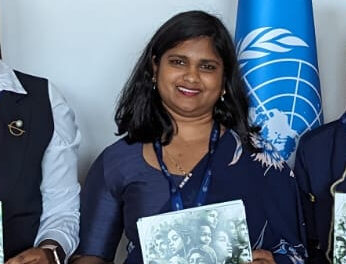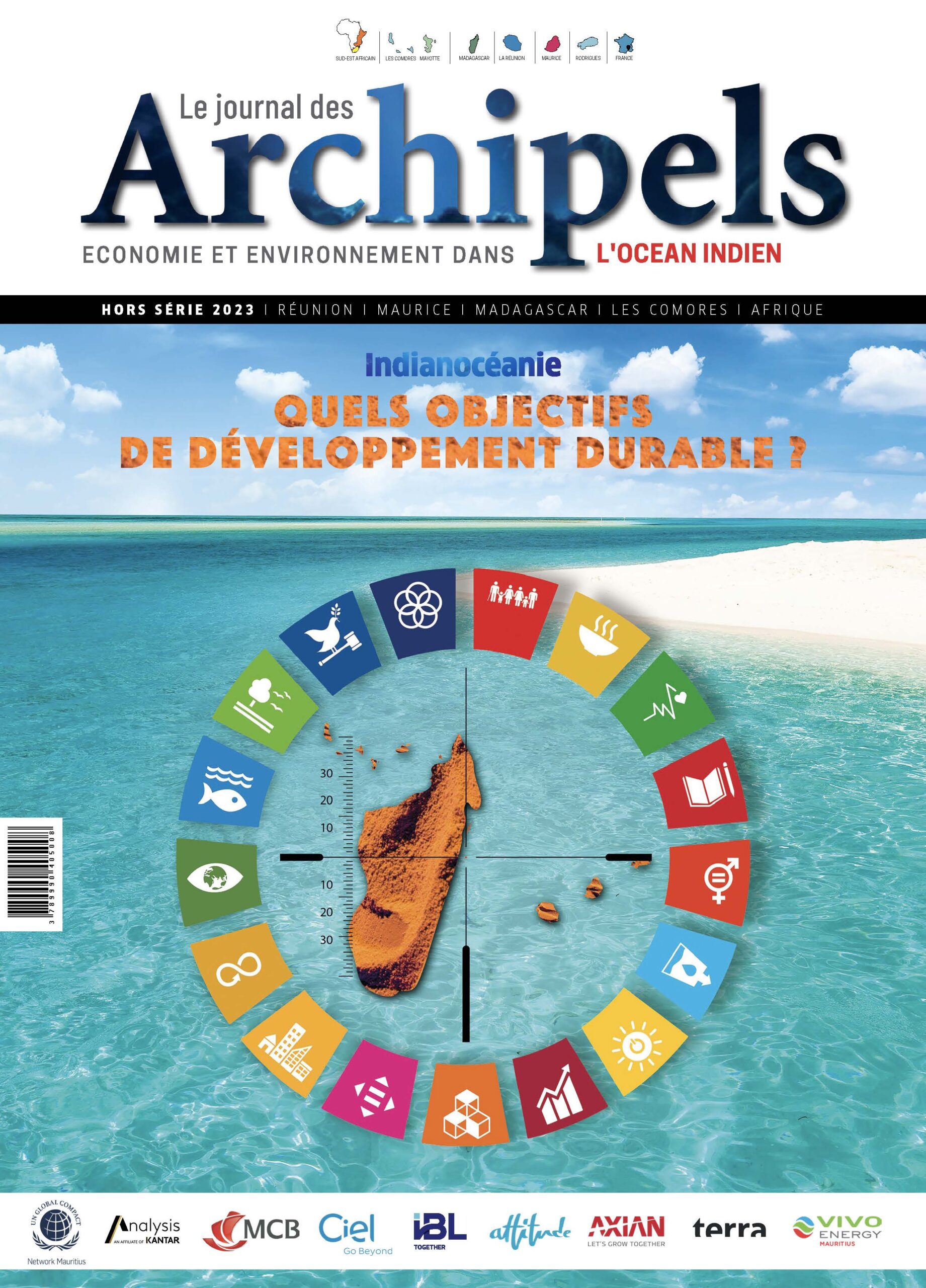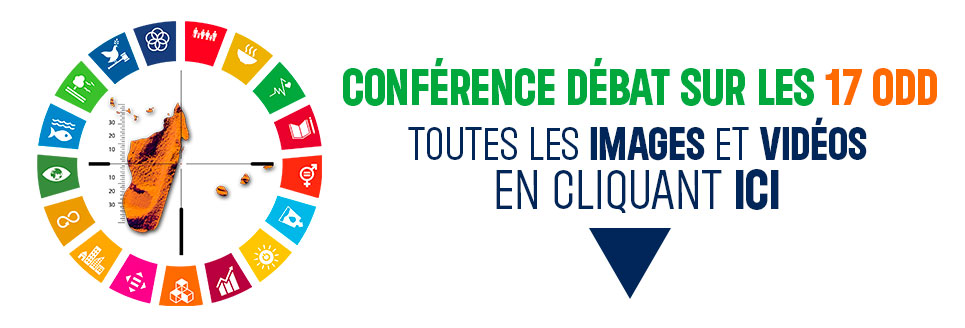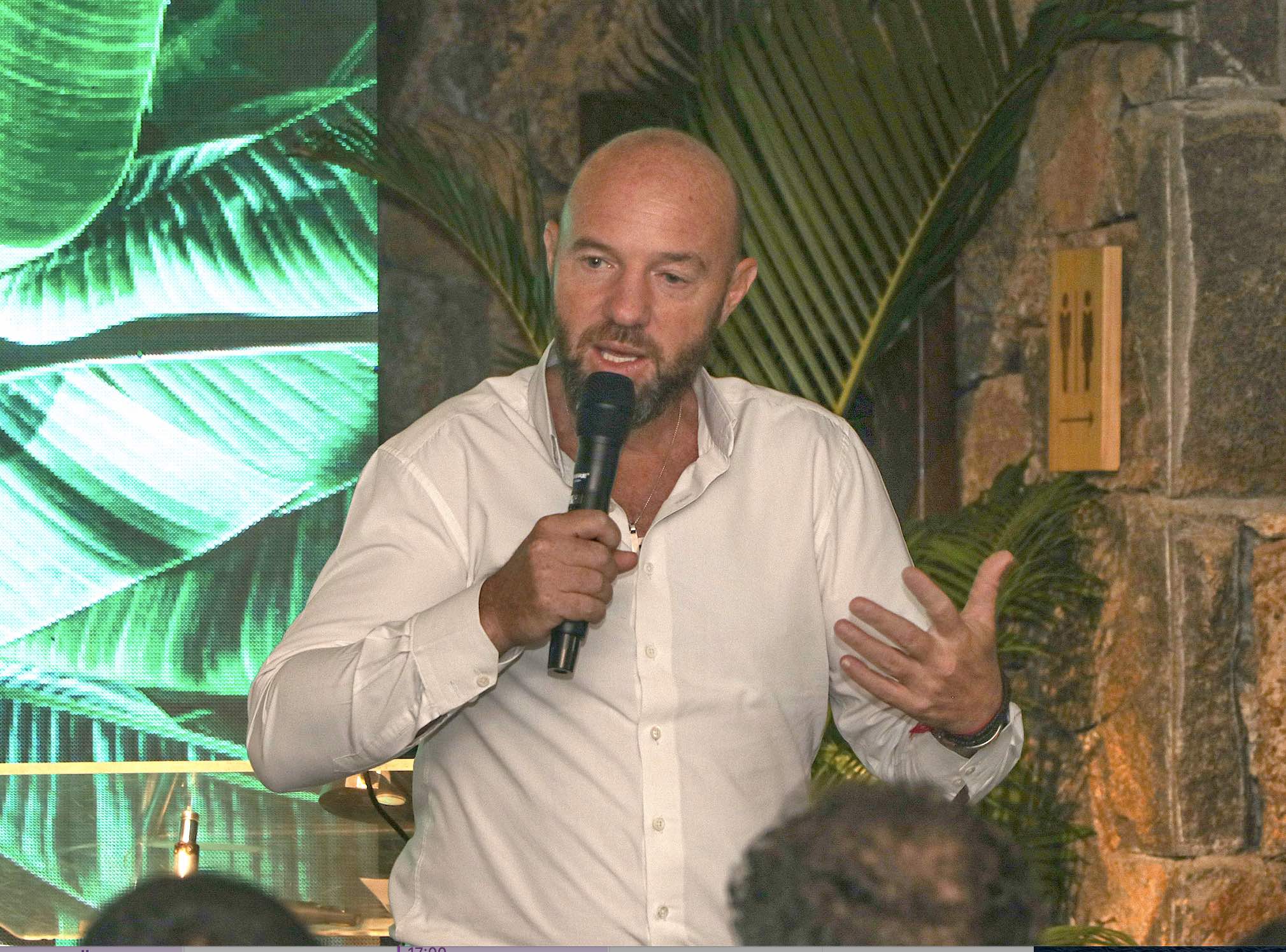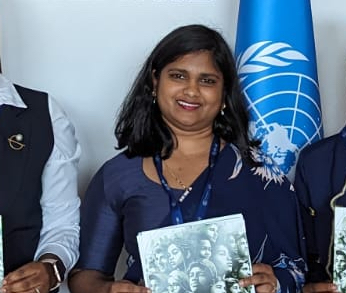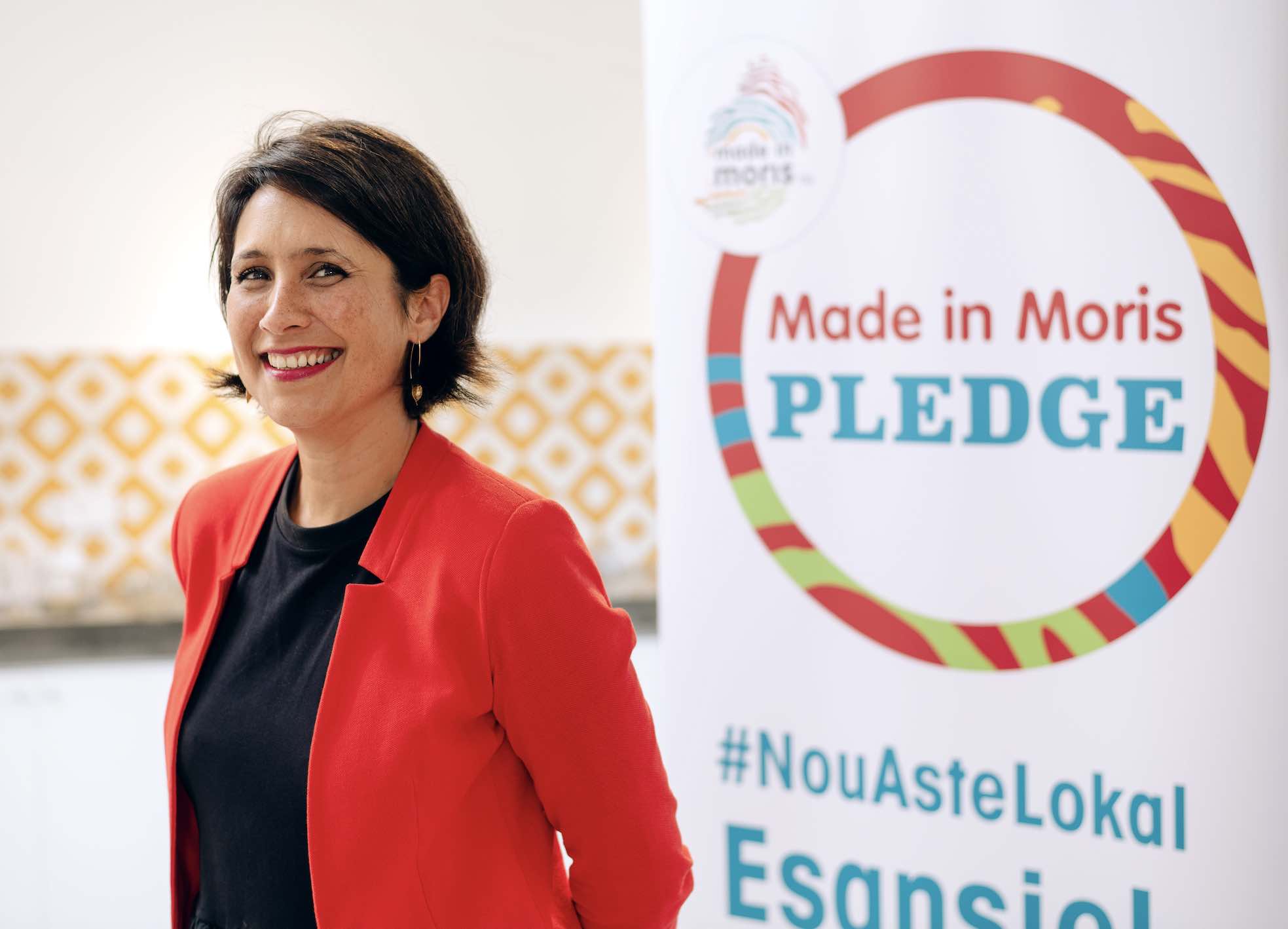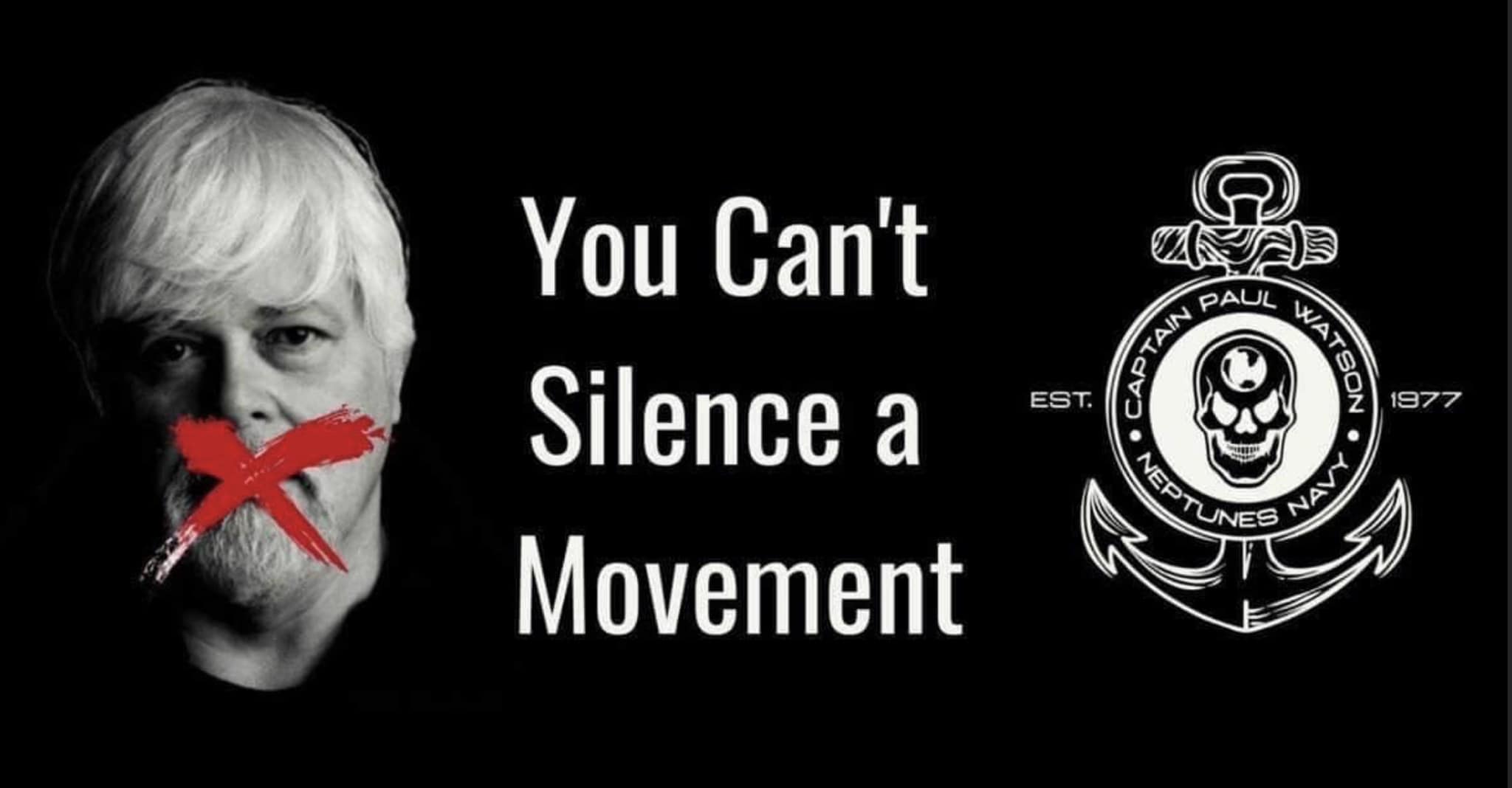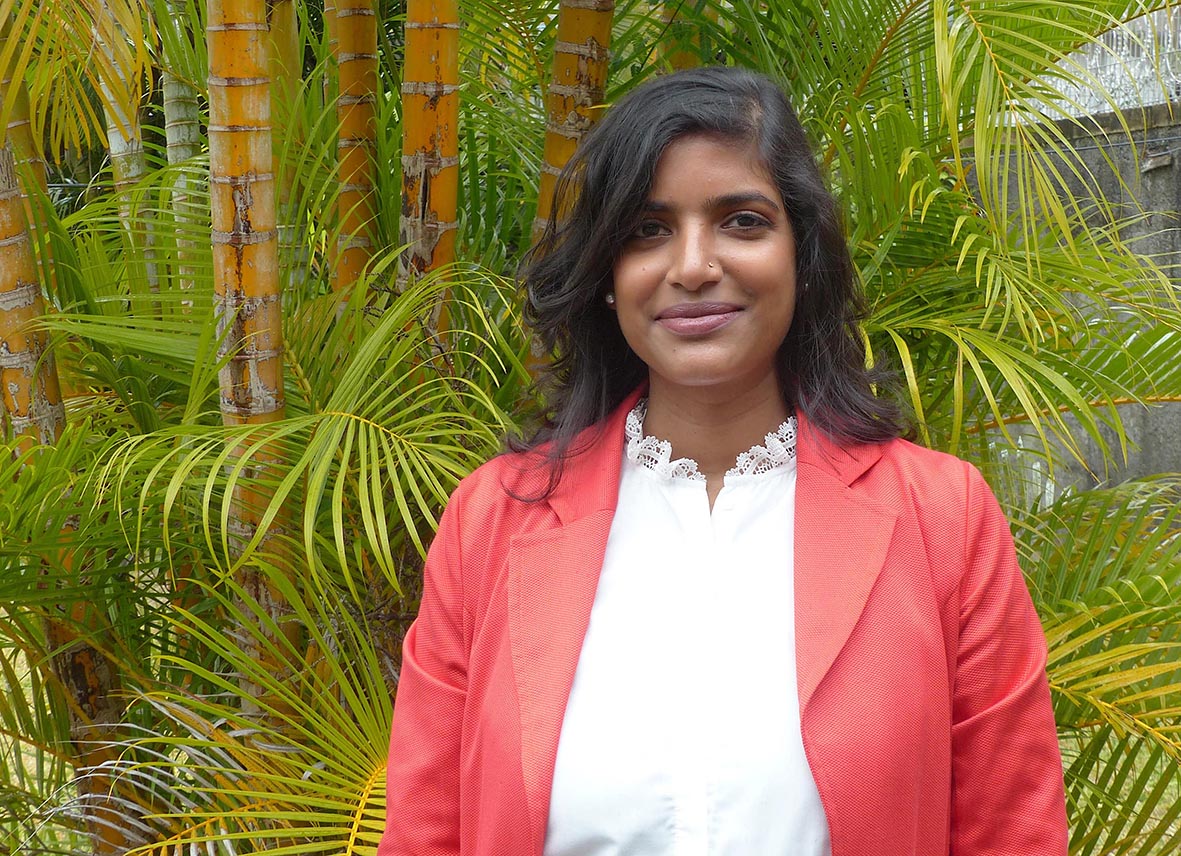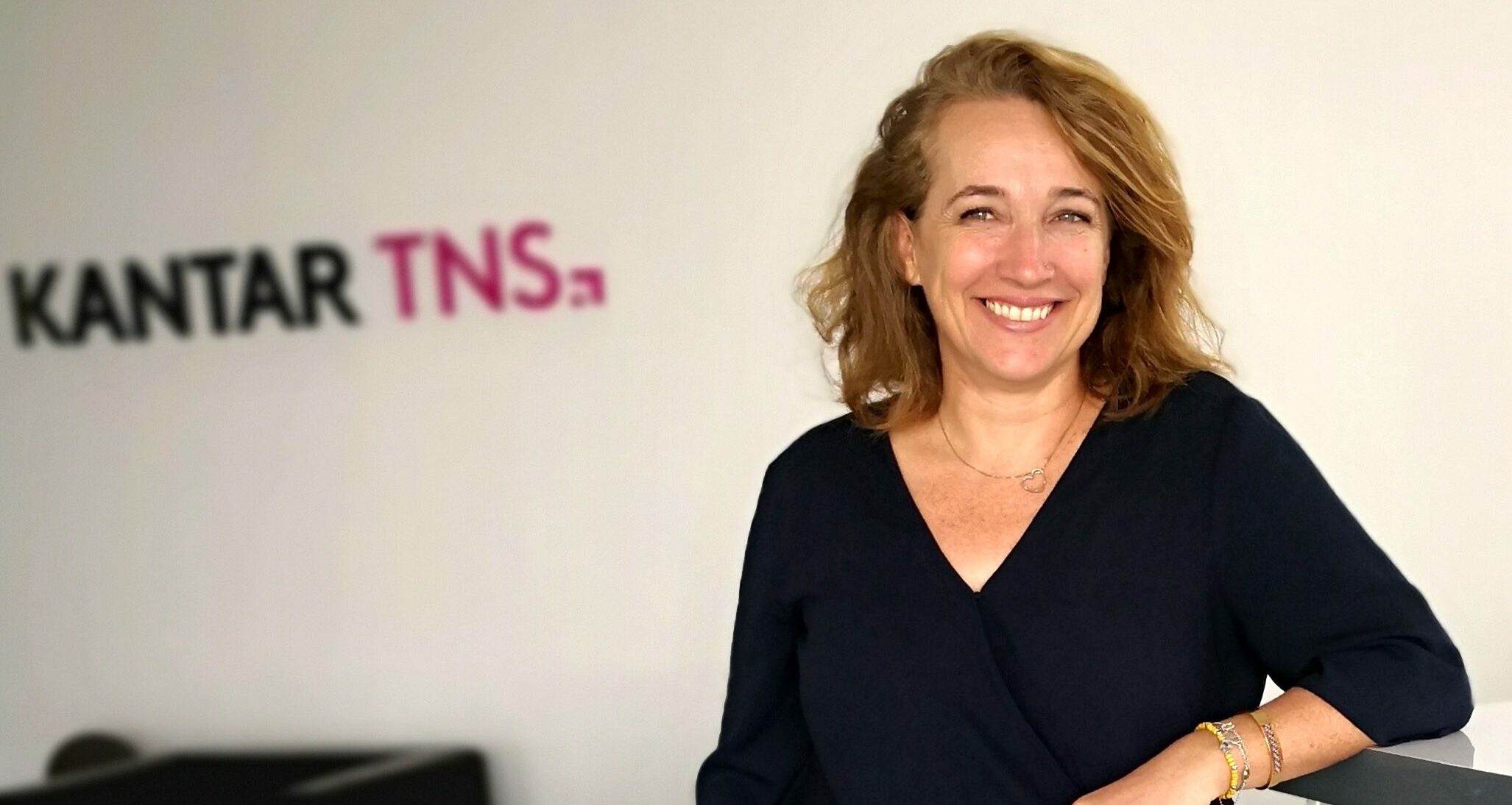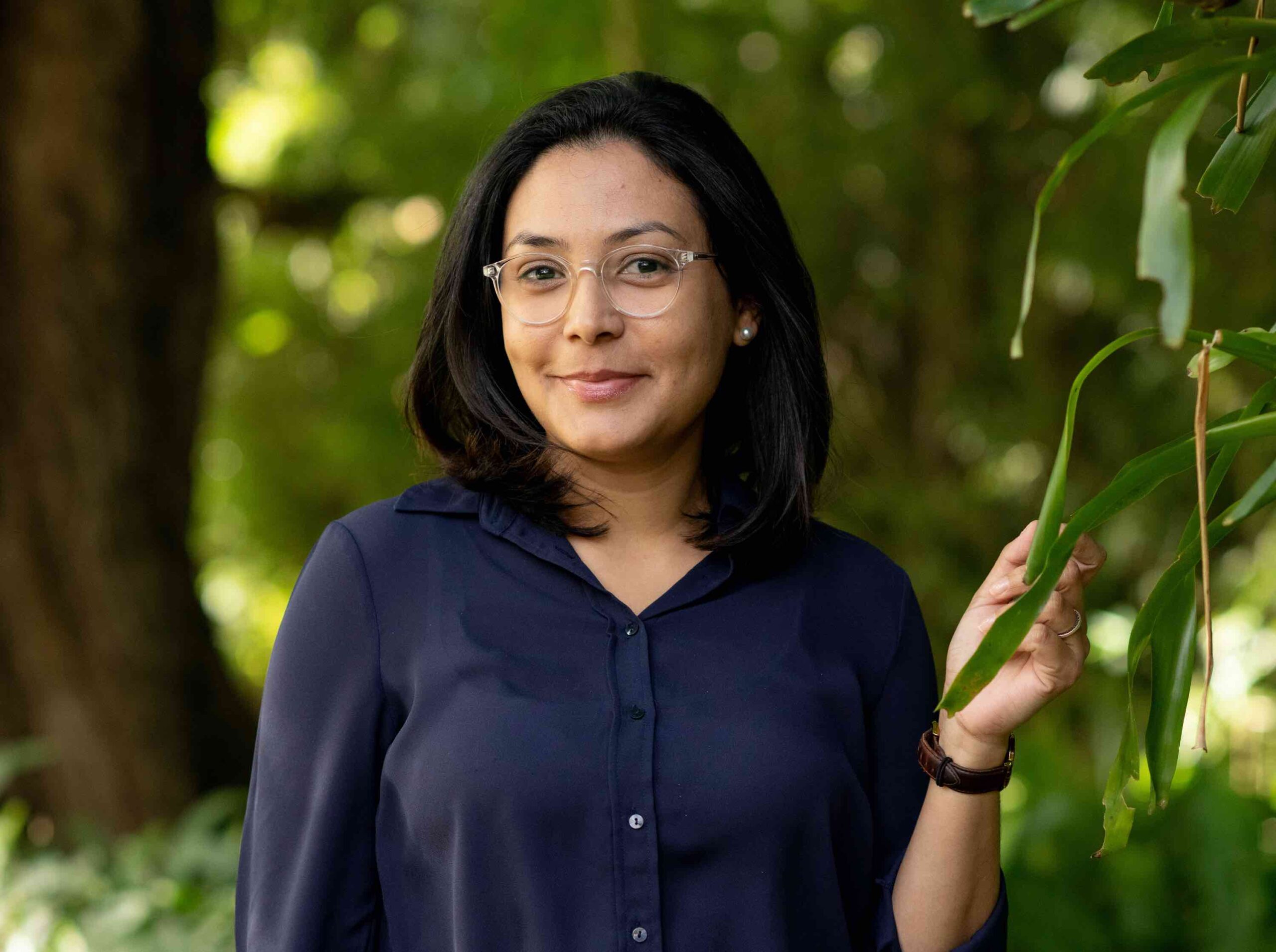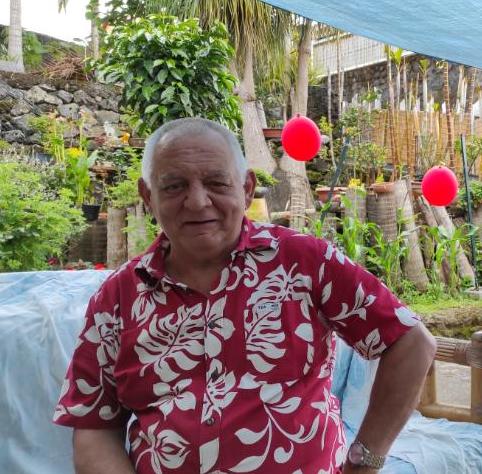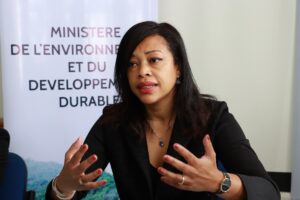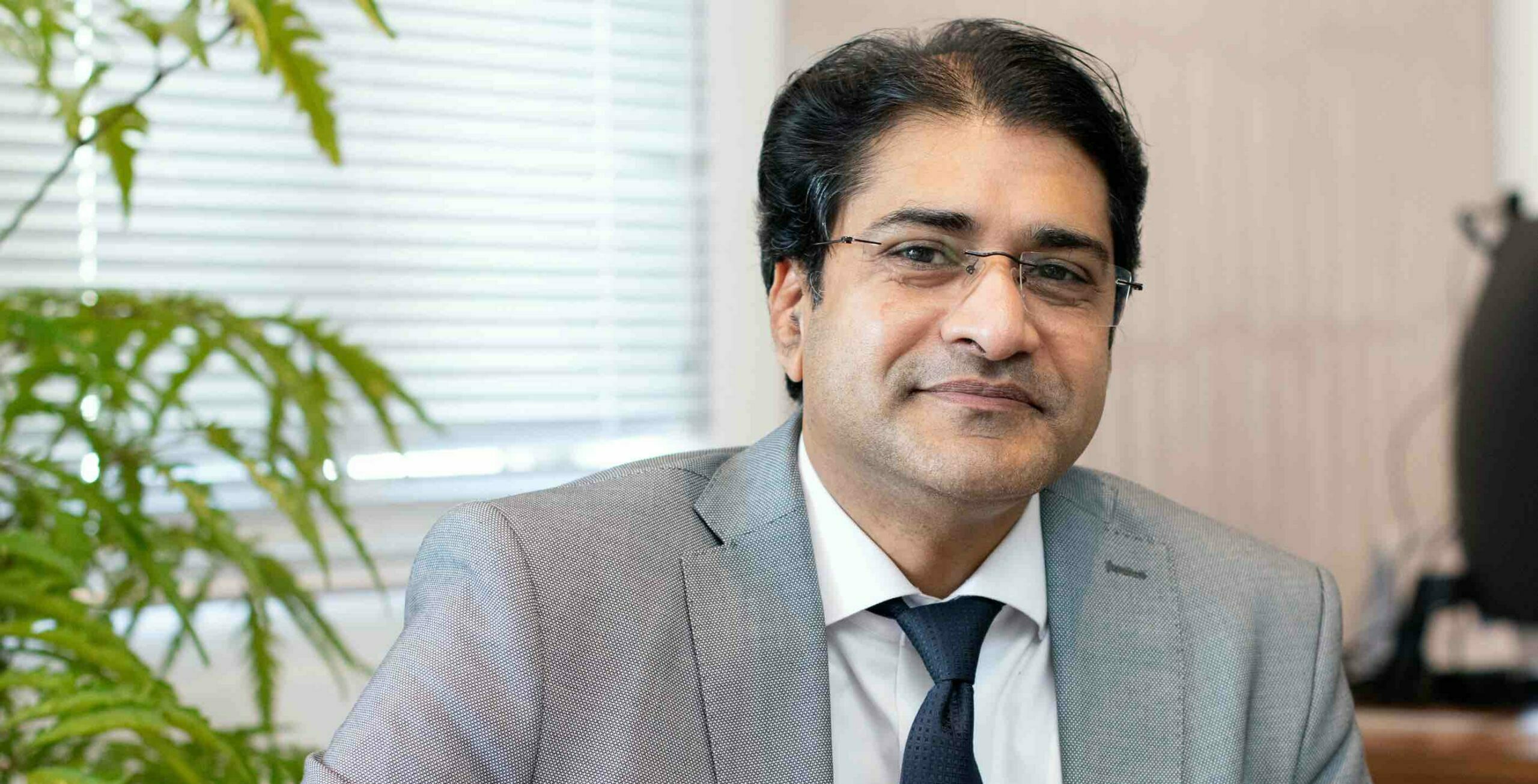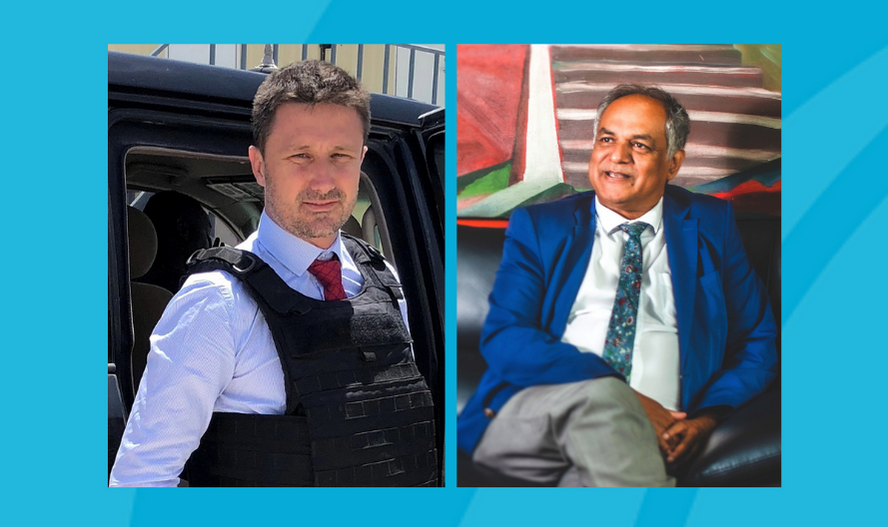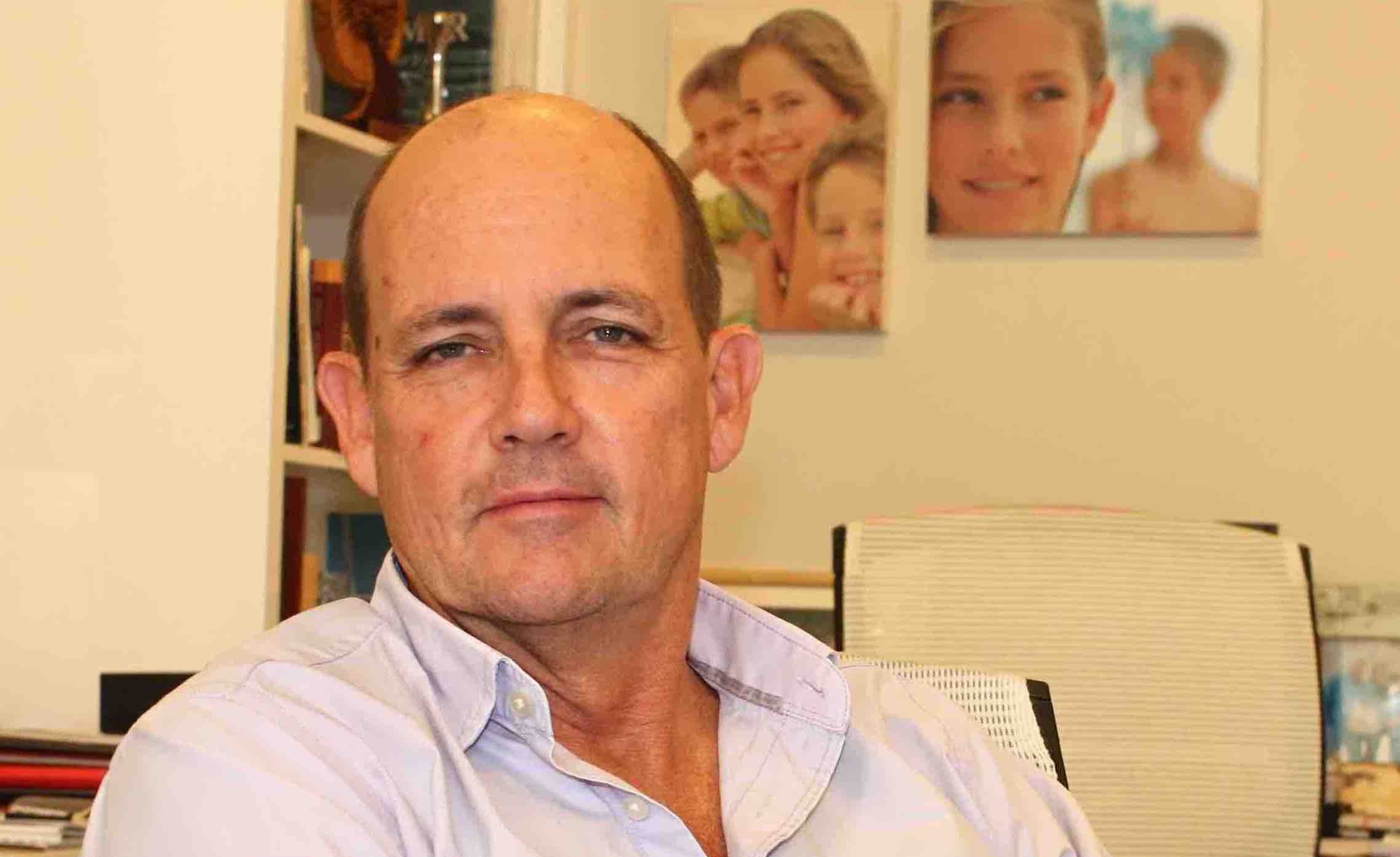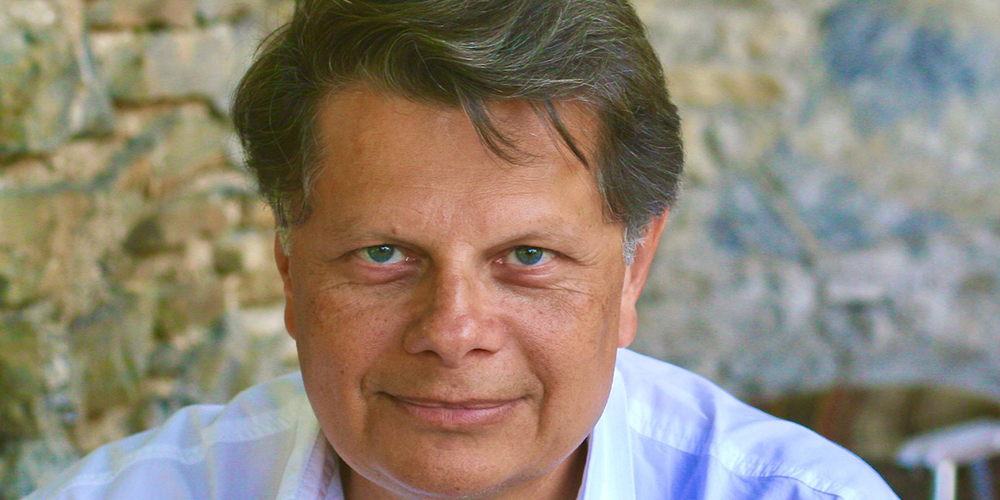When we look at the awareness of the problems linked to sustainable development in Reunion Island, we notice that things are evolving favorably. According to the study conducted by Kantar* on Reunion Island, more than a third of the people of Reunion Island say they are personally concerned by environmental problems.
However, when we dig into the details of the 17 goals developed by the United Nations, it allows us to isolate the different pillars of the field. Indeed, sustainability is not only related to the environment, but also to the social and economic environment, forming the three pillars that aim to ensure the integrity of the planet and improve the quality of life. It is recognized that action in one area will affect results in others, and that development must balance social, economic and environmental sustainability.
Overconsumption and waste are, according to the people of Reunion, the most important challenges at the moment, followed closely by poverty, then global warming, air and water pollution. Thus, the priorities of the people of Reunion are first and foremost social and closely linked to the standard of living and quality of life. We also notice that the Reunionese are clearly more worried about discrimination problems: 44% of them against 20% of Mauritians and animal experimentation: 45% of them against 27% of Mauritians for example. Thus, the human and social dimension seems to take the upper hand in Reunion. Even if environmental issues are secondary, they are major challenges for at least 6 out of 10 Réunionese.
Moreover, the priorities of sustainable actions carried out by the Reunionese are the reduction of food waste, the purchase of local products and the reduction of energy consumption. Recycling is also in the top 5. These actions all have in common that they have a direct impact on household expenses. They are carried out almost as reflexes certainly in this constant fight against poverty and maintaining a dignified standard of living.
Finally, the actions of sustainable development carried out by the Reunionese are more reflexes of survival and common sense
These considerations lead us to question the evolution of living conditions in Reunion over the last few years. The study** carried out by INSEE on the evolution of sustainable development indicators in Reunion over 20 years provides concrete answers.
From a global point of view, it appears that the economy is growing. Indeed, access to the labor market is improving, in 2018, the employment rate of 15-64 year olds is 46% of the Reunionese, whereas it was 43% in 2007. It should be noted, however, that less than half of the working-age population of Reunion is employed.
Moreover, when comparing activity according to age groups, the differences are clear. Older people stay employed longer than in the past, but young people still have as much difficulty entering the labor market. Thus, half of the 18-25 year olds are neither in employment nor in school, as they were 10 years ago. This figure is particularly worrying for the young generation, which does not seem to be better equipped to prepare for the future than it was 10 years ago.
Another alarming figure is that of the number of Réunionese living below the poverty line. The wealth produced on the territory is also increasing, which makes it possible to reduce poverty between 2007 and 2018. But it still affects a high proportion of the population of Reunion, 39% against less than 15% in Metropolitan France. This figure reaches records in the East (47%), with almost 1 out of 2 Réunionese living below the poverty line. Over the period, income inequalities have been reduced, in line with the increase in the incomes of the poorest households. Nevertheless, the end of the month remains difficult for half of them. These social and economic improvements could be further challenged by the health crisis.
Thus, if the people of Reunion are concerned about sustainable development and environmental issues, the figures relating to the standard of living and poverty support the social emergency that prevails on the island. Finally, the sustainable development actions undertaken by the people of Reunion are more survival reflexes and common sense, but wouldn’t they be the best motivations to quickly adopt healthy and sustainable behaviors?
Virginie Villeneuve, Associate Director of Kantar Consulting
Virginie has been living in our region for more than 20 years. She obtained her PhD in Management Sciences (field: marketing: consumer behavior) in 2005 from the University of La Reunion. She was a consultant for the Chamber of Commerce and Industry of the French department before joining Kantar in Mauritius in 2010. With more than 15 years of experience in marketing and communication, she leads consulting and strategy projects and facilitates strategic workshops with clients. She is the author of Connected Life, Essence XYZ and Future Life and works on societal studies, including the evolution of the Indian Ocean consumer to identify trends and patterns.
*Source: Kantar Sustainability Réunion study – 750 respondents, national sample.
*Source: Insee, Sustainable Development Objectives in Reunion: Analysis of the evolution of indicators over the last 20 years






